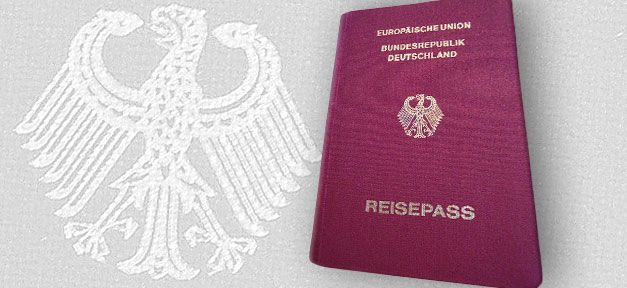Most German schools and universities provide books in their digital format. Pupils and students may save these documents, which they read from their computers or print them out. This common practice has now become limited after a ruling of the high court limited the availability of copyrighted works that may be used in schools and universities.
According to this ruling, only 12% of a publication may therefore be used free of charge electronically. However even this 12% book usage is not applicable if the publishers offer a “reasonable royalty ” for electronic use. For multi-volume books, the High Court set a maximum limit of 100 pages.
The judgment concerned a dispute between the University of Hagen and a book publisher. By law German schools and colleges must avail “small parts of a work or excerpts” for their pupils or students as “illustration for teaching”. The University of Hagen had 4000 students enrolled in the course “Introduction to Psychology and its history” and it supplied them with learning material for that course. These materials were posted on the University’s electronic learning platform as a PDF file among other 14 posts that were a total of 91 pages of the 528 -page book called “Milestones of psychology “. These students were able to read the texts save them on your computer or print it out.
The Alfred Körner publisher who has published the book saw this as an infringement of their copyrights. The high court decided in Körner’s favour stating that, “small parts/ excerpts” should comprise at most 12% of a book. Therefore the Hagen University had infringed these rights and should have provided only 63 pages of the book to its students, which they could also save or print.
Since University of Hagen had provided a total of 91 pages, 28 pages beyond the permitted level the University was liable to compensate the publisher. Körner publisher has now issued a license for, a fee available to universities for use of their textbook. The Higher Regional Court (OLG) of Stuttgart is now checking to see whether the compensation demanded by publisher is “appropriate” and if found appropriate, the University of Hagen will have to pay.











